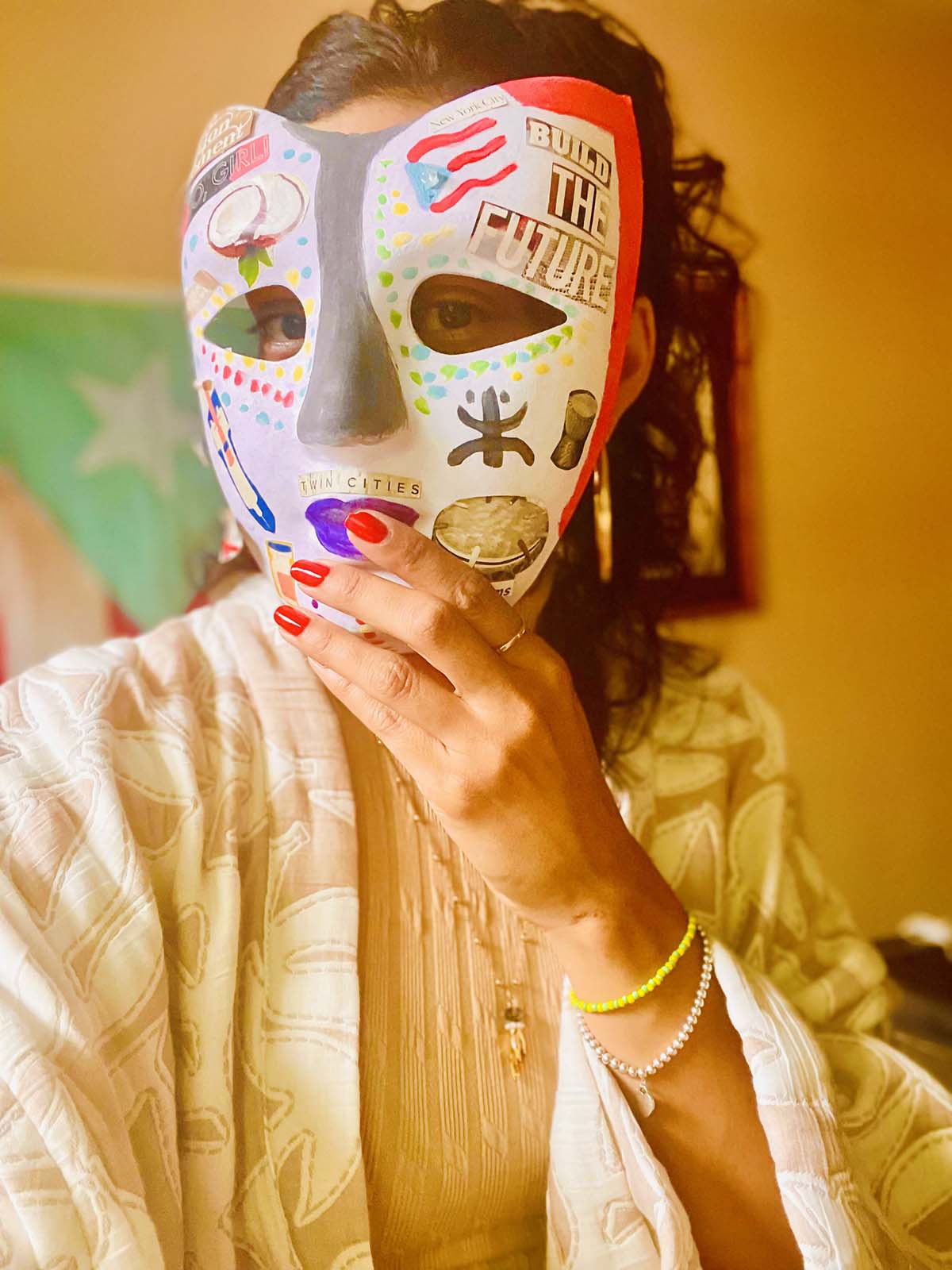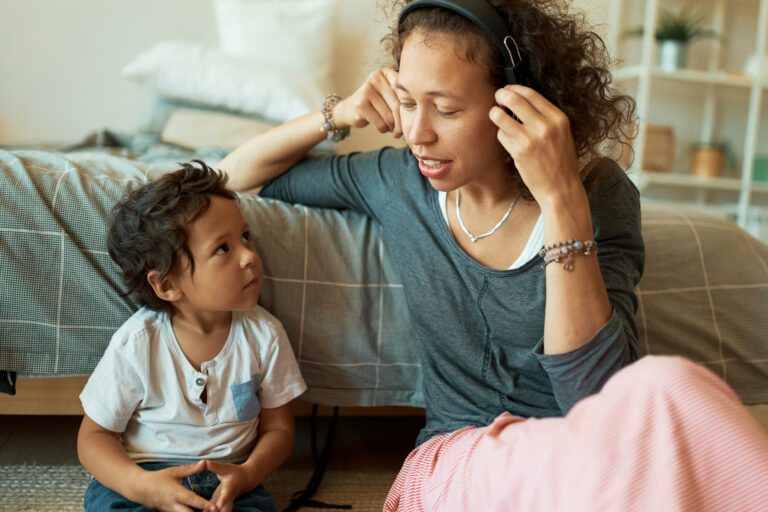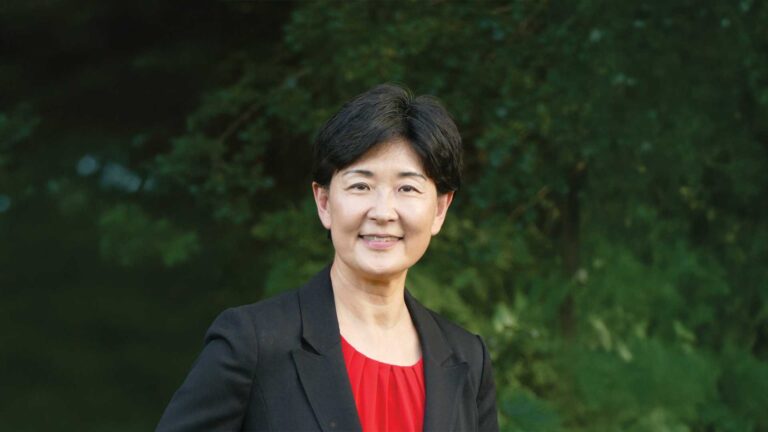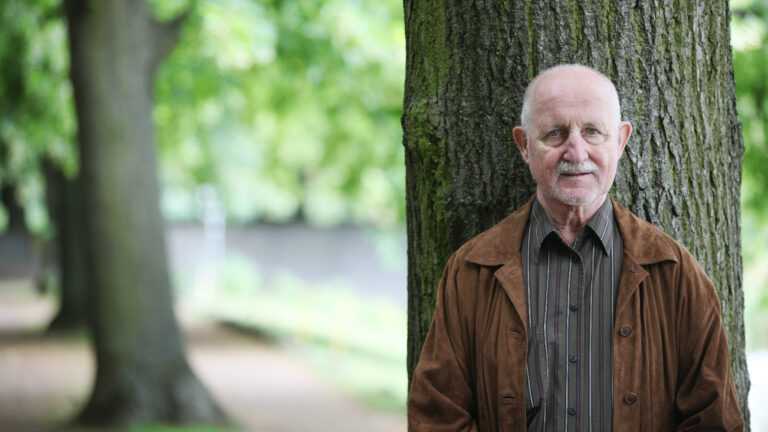María Isa Pérez-Vega is well known in the Twin Cities as an actor, rapper, international recording artist, youth worker and cultural community organizer. This election season, you’ll see the lifelong Saint Paul resident in a new role: political candidate for the state House of Representatives.
María Isa is a graduate of the Community Equity Program at Wilder for Black, Indigenous and People of Color who want to get involved in legislative policy. The program provides BIPOC community members with a nine-month cohort experience along with knowledge and tools to advocate and advance state-level legislation, engage with policymakers, question existing systems of power, create space for dreaming, and ultimately, build community power and solidarity to advance justice at the Capitol.
The Community Equity Program is not focused on electoral politics or running for office, though María Isa joins a growing number of program alumni who have set their sights on elected office. Her involvement in the Community Equity Program and her election campaign are an extension of a lifetime of community leadership.
María Isa’s personal journey and community efforts motivated her to join CEP
María Isa’s mother helped found the Spanish Speaking Affairs Council and was the first Latina in the state to be appointed to direct the office of equal opportunity in the mid-1980s. María Isa was born while her mother was in the role, which she says meant that she was raised around policy and among people who were creating policy for Black, Indigenous and people of color (BIPOC).
“I love being in the Twin Cities, I love being a Minnesotan, and the upbringing of me knowing what it is being a survivor of the injustices of racism and sexism, and my mother being in the frontlines of that movement as a woman of color,” she says. “You don’t let that go in any field of work that you do. The policy work has always been instilled in me. The fighting for social justice and human rights was born in me.”
When María Isa joined the Community Equity Program, commonly known as CEP, her career was soaring as a hip hop singer, songwriter and owner of the production company SotaRico. She was a veteran youth worker and community organizer who had organized relief efforts for Puerto Rico after the devastating 2018 hurricane. A Type 1 diabetic who is dependent on insulin, Maria Isa was organizing in support of the Alec Smith Insulin Affordability Act. And she wanted to do more.
“That’s what got me into CEP was just the movement, the motion, the work, the people that were circling – from the organizers and the folks that put CEP together to the folks that were taking leadership in policy positions,” she says. María Isa also had a new inspiration: She was newly pregnant when her cohort began meeting, and she was ready to fight for the world she wants her daughter to live in.
María Isa participated in the Community Equity Program during a high-risk pregnancy

María Isa’s experience with the program began with an experiential art project to make a paper mache mask, which she displays prominently with other photos and mementos in her home. Cohort members bonded over playlists and leaned on each other as they worked through tough conversations and exhausting interactions at the Capitol.
At one point, María Isa talked to program leaders about dropping the organization she was assigned to work with. She was struggling with her experience at the organization, she was already deeply involved in legislative advocacy with other groups, and her pregnancy was high risk because she has Type 1 diabetes. María Isa worried that program staff would think she was a diva or kick her out of the program. “That’s how we think because that’s how everywhere else is,” she says. “We are always having to fit ourselves in boxes and molding ourselves in a system that wasn’t built for us.”
Instead, she says, program staff told her they were glad she spoke up and reassured her that they were taking her, and her pregnancy, seriously. María Isa and her cohort graduated in May 2019. Her newborn daughter attended graduation with her.
María Isa’s political journey took her to a run for the Minnesota House of Representatives
After completing the Community Equity Program, María Isa continued her career in music and her involvement in community organizing and advocacy. She lived through the pandemic and the uprising after the murder of George Floyd, whom she knew personally. She says she was inspired to run for office by those experiences, motherhood, her work organizing for accessible insulin, and as an artist who has not been valued for her work as a woman of color.
María Isa says her fellow cohort members and others in her network had asked her when she was ready to run. One day she and fellow changemakers gathered outdoors and she told them, “I’m ready to do this.”
“I love being in the Twin Cities, I love being a Minnesotan, and the upbringing of me knowing what it is being a survivor of the injustices of racism and sexism, and my mother being in the frontlines of that movement as a woman of color. You don’t let that go in any field of work that you do. The policy work has always been instilled in me. The fighting for social justice and human rights was born in me.”
Want to get more involved in public policy? Three tips from María Isa
- Consider applying for the Community Equity Program. “You’re going to grow your village. You are going to have a connection, of support in the work that you’re already doing. And you’re going to be engaged and excited to support the work that you didn’t know that’s going on or that you want to be engaged more with. You’re going to be invited, you are going to be allowed, to be yourself.”
- Visit the Minnesota Capitol. Even if you don’t get all the public policy knowledge you want in a lunch or a two-hour visit, being in the physical space will help you visualize what’s happening.
- Find a way to take care of yourself. Whether you are in the Community Equity Program or bringing community to the capitol in other ways, the work can be draining for BIPOC change makers. “Make sure you find something to do that is your mantra of self-care,” she says.



